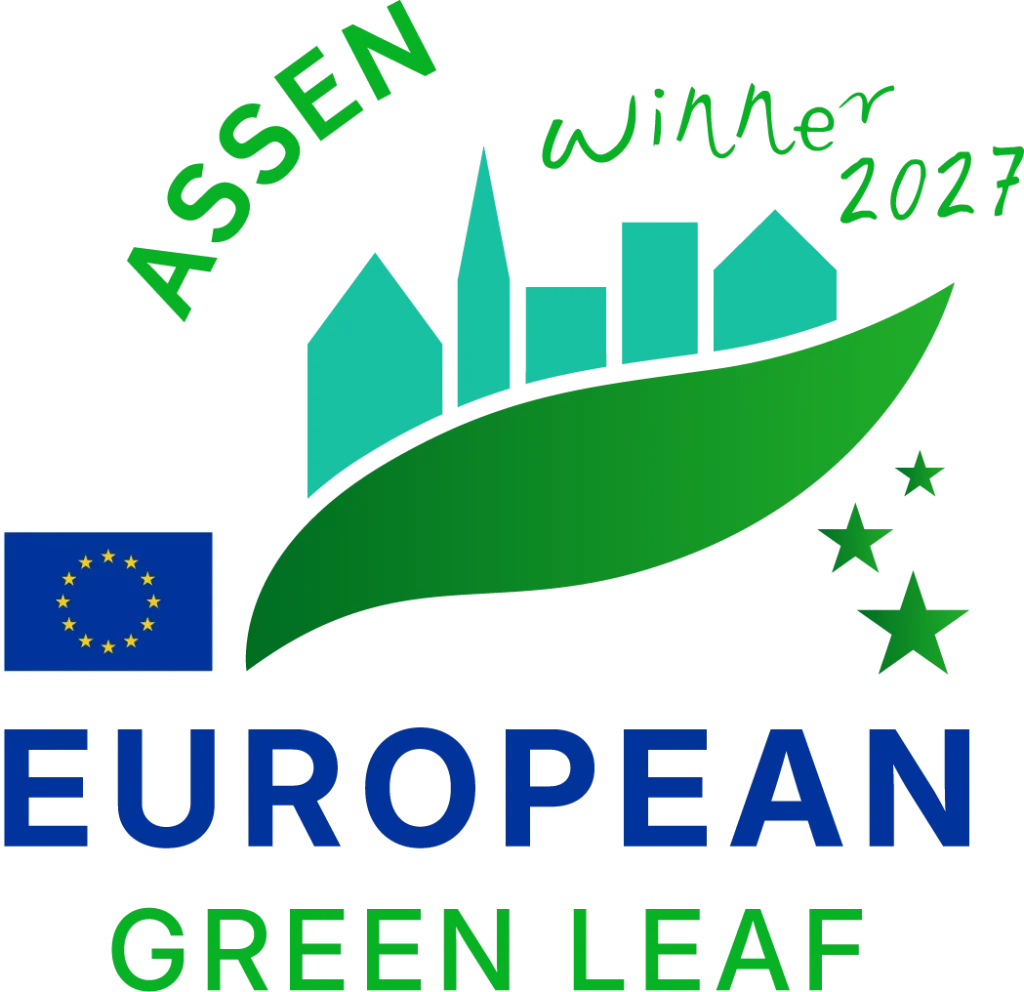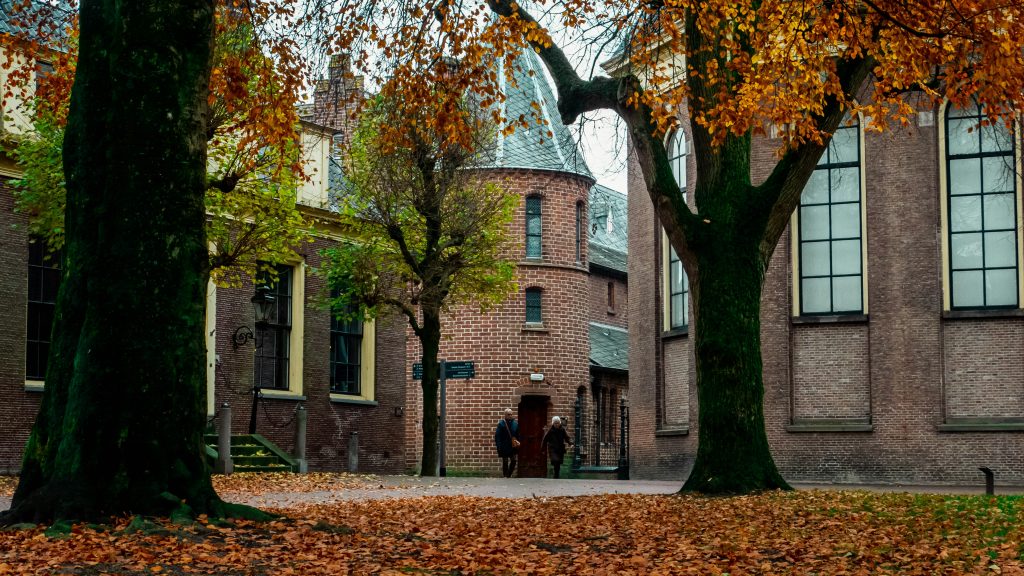Assen wins the European Green Leaf Award 2027
The Dutch city is leading the way in sustainability, climate adaptation, and healthy urban living initiatives
Assen, the capital of Drenthe in the northern Netherlands, is a city which puts nature and green spaces forward always finding innovative ways to advance in its green transition. The European Green Leaf Award 2027 recognizes its commitments to circularity and climate change mitigation as well as in other key areas.
The European Green Leaf Award reward towns and cities from the EU Member States with a population of 20,000 and up to 99,999 inhabitants whose local actions focus on a transition to a greener, more sustainable future. It aims at showcasing the cities’ efforts to improve the urban environment, combat pollution and adapt to climate change.

Assen’s theme Healthy Urban Living – healthy and sustainable urban living – showed how a city of a little bit more than 70,000 inhabitants can make a big impact. It has fixed objectives around the following areas: air and noise pollution, biodiversity, climate adaptation, circularity and water consumption.
The city’s commitments to advance in the green transition
The city collects data from students’ bike rides to measure air pollution and has extended green areas to absorb CO2. These are also key to protect biodiversity, and citizens can participate in different initiatives to protect these areas and learn about their importance. Assen also works on smart water management to prevent flooding and collect rainwater. Reducing noise pollution is also strategic to improve citizens’ wellbeing and they are collecting data on its impacts and developing plans to make public spaces quieter and healthier.
Its innovative waste management policies are also inspiring, and they include enhanced PMD (Plastic, Metal, and Drink cartons) collection and initiatives such as Repair Cafés, showcase reducing residual waste and promoting material recovery, which drive forward the circular economy. Assen also works to become climate neutral by creating more zero-emission zones or making sustainable energy solutions affordable for all neighborhoods. Adapting to climate change is also among its priorities as the city is enduring a transformation to become resilient and livable, even under extreme weather conditions.

Assen’s heating and cooling strategy
As part of Assen’s ambitious goal to reach climate neutrality by 2050, the city’s heating and cooling strategy focuses on building a resilient, renewable, and inclusive energy system. Through its district heating network, the city aims to phase out natural gas while integrating sustainable sources such as geothermal, waste heat, and water energy.
Complemented by initiatives like the RODEO project and local Energy Desks, Assen ensures residents are informed and supported throughout the transition. This integrated approach, linking technical innovation with social engagement, makes sustainable heating accessible to more households, helping reduce energy costs while contributing to the city’s climate goals.

